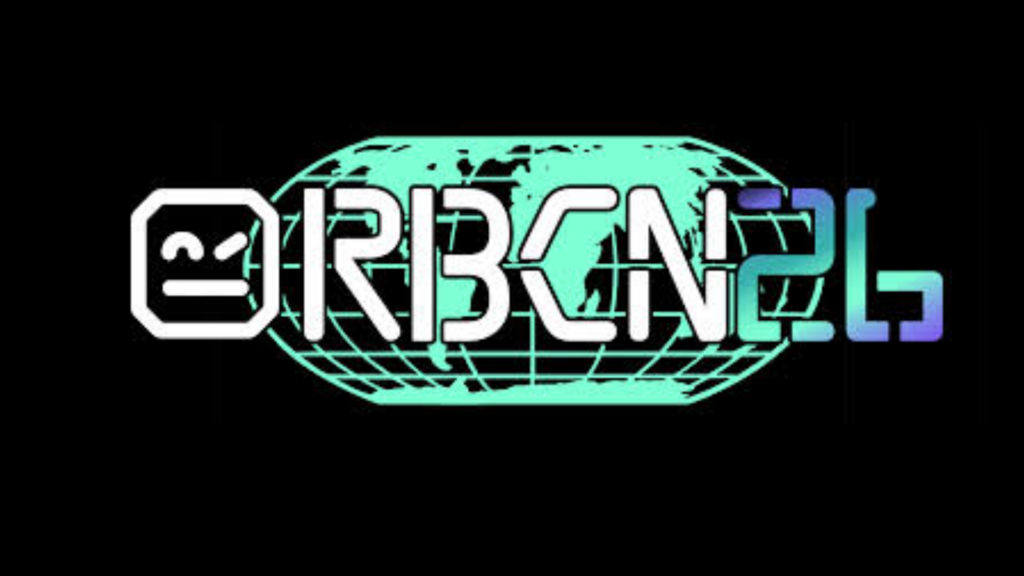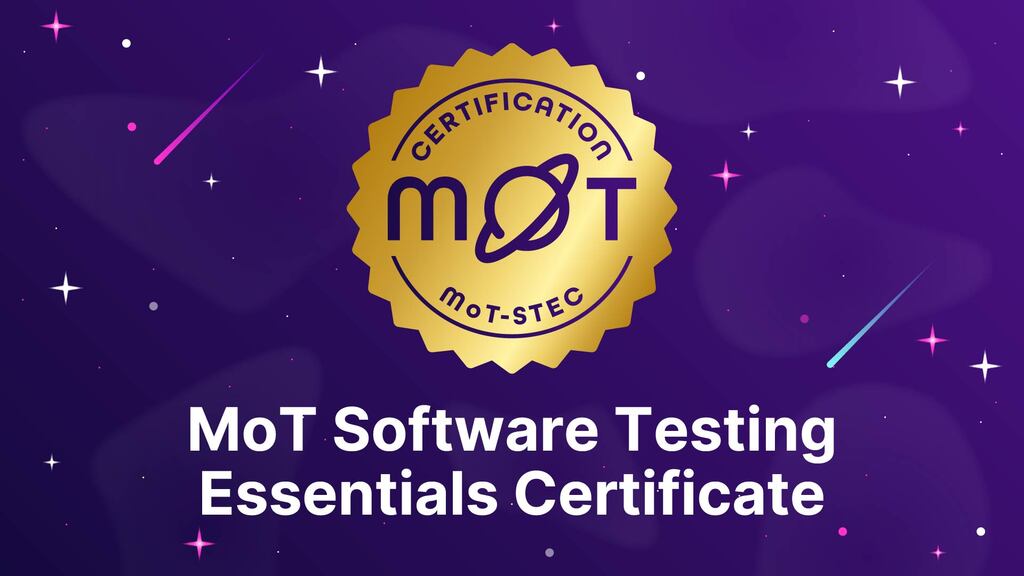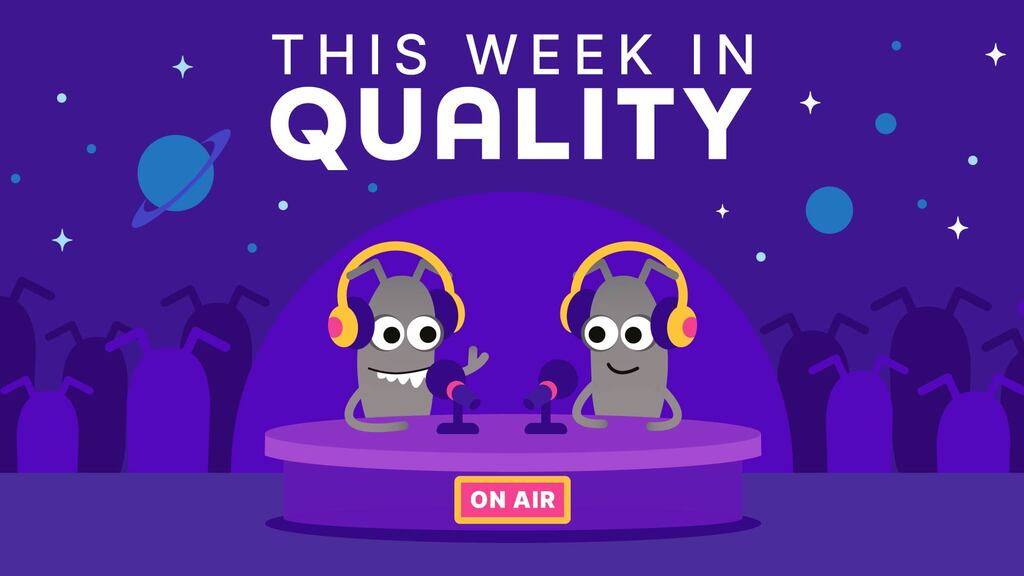Here at MoT, we’re building a complete, modern and open Junior Software Tester Curriculum with the support of the testing community. Our curriculum is data-driven, so we can make sure that all of our content is relevant and useful.
To collect robust data, we surveyed over 160 Junior Testers, their managers and recruiters. We also analysed job postings and current training options. After all that research, we ran semi-structured interviews to get feedback on our findings.
Here’s What We Found Out
- Variety is the spice of Junior Testers’ Lives
- There were over 16 unique role titles for Junior Testers.
- Juniors came from all sorts of backgrounds. Some are fresh out of university with computer science degrees, while others are switching careers into IT.
- We identified 15 unique, broad tasks that junior testers may be responsible for as part of their role. This high variability is driven by the needs of companies and a lack of standardized requirements for the role.
- The training needs of junior testers are also highly varied, reflecting the variety in role responsibilities between companies and the backgrounds of junior testers.
- There are inconsistencies in the topics covered between the existing training courses examined, and no training is complete to meet all the varied needs of junior testers as identified in our surveys.
All our findings suggest that there’s a need for our open-source curriculum. With the communities help, we will ensure our curriculum meets Junior Testers' training needs.
You can read more detailed findings in our Needs and Job Report.
What’s Next?
Now that we have co-created a complete list of broad tasks for the Junior Software Tester Job Profile. It's time to break those tasks down into procedural steps. By doing this, we can develop useful learning outcomes and training materials for the next generation of software testers.
We need your help to discover the procedural steps! We're running weekly Task Analysis sessions that the community is welcome to join. Come share your knowledge and experience, and help us make sure that future junior testers have everything they need to succeed. Can you make a session?
Upcoming Task Analysis Sessions
- Advocating Quality: Tuesday 30th May - 11.30 am -12.30 pm (UTC)
- Risk Analysis: Tuesday 13th June - 11.30 am -12.30 pm (UTC)
- Designing Tests: Tuesday 20th June - 11.30 am -12.30 pm (UTC)
- Executing Tests: Tuesday 27th June - 11.30 am -12.30 pm (UTC)
- Reporting Testing: Tuesday 4th July - 11.30 am -12.30 pm (UTC)
- Managing and Resolving Bugs: Tuesday 11th July - 11.30 am -12.30 pm (UTC)
- Maintaining Tests: Tuesday 18th July - 11.30 am -12.30 pm (UTC)
- Communicating an Understanding of a Product: Tuesday 25th July - 11.30 am -12.30 pm (UTC)
Don’t worry if you can’t make these sessions; the results of each session will be posted on The Club forum for folks to critique in their own time.
Why Get Involved?
There are three reasons why you should help us develop our curriculum:
- Our goal is good. We want to improve testing education for everyone, so our curriculum will be open-source. This means that anyone can access it for free and find or create content that meets the outcomes. We'll also be creating our own content that you can purchase, which will be the best there is!
- You'll be helping the next generation. By contributing your knowledge and insights, you'll help the next generation of software testers learn the relevant tasks and skills they need to be successful in their jobs. No more learning irrelevant content with gaping holes. Our curricula will be focused on helping folks get a job and fulfill their role.
- You'll get recognition for your contribution. We value the contributions of our community members, and we give due credit to everyone involved. So if you'd like to be recognized for helping shape a revolutionary, new curriculum for junior testers, then get involved today!





